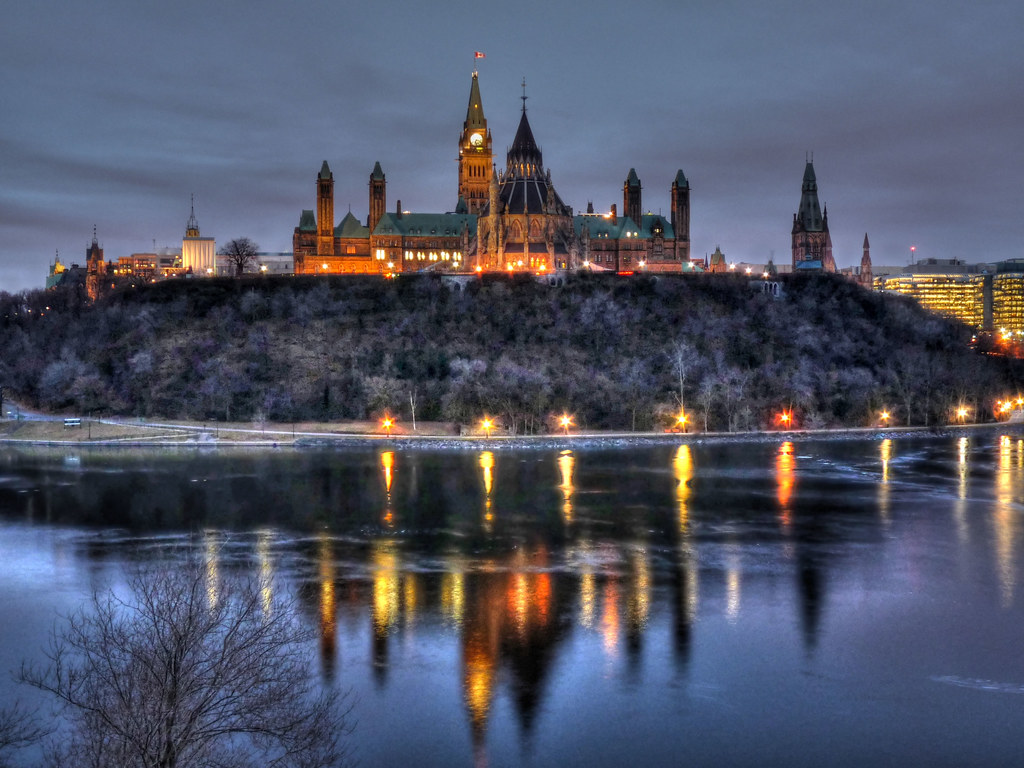
Two third-party groups disclose first ad spending in pre-election period


There are currently 13 other third parties – who are not individual voters and not candidates or their political parties – seeking to influence voters

PHOTO: Parliament Hill, Ottawa/joiseyshowaa via Flickr
OTTAWA – Two third-party groups have started spending money on political advertising in the period leading up to the federal election, according to Elections Canada.
Since the beginning of July, Canada Growth Council spent a total of almost $11,000 on ads in two ridings currently held by Liberals – Ralph Goodale’s Regina riding and Kent Hehr’s seat in Calgary Centre.
Incorporated in January, Canada Growth Council describes itself as pro-energy and pro-free-enterprise, as well as supporting “oil and gas, mining, agriculture, and technology” in Western Canada. Its website criticizes the federal carbon tax.
Canada Growth Council also reported $15,000 in contributions, two-thirds of which came from one oil executive. Craig Lothian, the head of a group of companies actively involved in oil exploration and development in Saskatchewan, made a $10,000 donation in May.
The remaining $5,000 in income came from a numbered corporation controlled by Eric Clark, the same person who registered Canada Growth Council as a third party.
Later Wednesday, Elections Canada published a second interim report, detailing the activity of Fair Vote Canada, a third-party group dedicated to promoting electoral reform. The group disclosed just under $600 in spending, mostly related to running tables at various events and festivals.
But Fair Vote Canada also reported almost $19,000 in donations from 311 people, including eight larger contributions since May totalling $3,800.
In the 2015 election, Fair Vote Canada spent just under $5,000 on direct advertising activities, mostly on lawn signs, flyers and some digital advertising.
The two groups are the first to have reports on their pre-election activities published on Elections Canada’s website. There are currently 13 other third parties – entities seeking to influence voters this fall who are not individual voters, and not candidates or their political parties – listed as registered by Elections Canada.
A third party must register in the pre-election period once it spends or receives more than $500 on election activities.
Third-party advertisers must then file initial interim reports on their activities five days after they are required to register and if they have received $10,000 in contributions or spent that much on election activity.
The reports include contributions received since the last election and not disclosed on other election reports since then, and expenses for activities in the pre-election period.